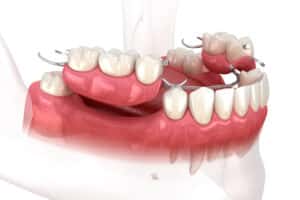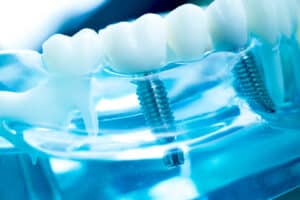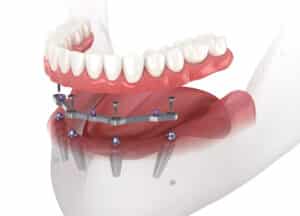Dear Doctor,
I thought implants had a high success rate. A friend of mine had an implant that failed, can you tell me why?
Dear Brian,
Implants traditionally have a very high success rate. The majority of studies that have been done indicate long-term success rates well over 95%. However, there are many factors that can compromise the success rates of implants. These can be divided into three categories: general health concerns, local factors and maintenance issues. It is important to consult with your dentist or dental professional prior to having implants placed to determine whether you are a good candidate. Most implant failures can be eliminated through proper case selection.
- General health concerns that may impact an implants success include such factors as smoking, certain drugs, osteoporosis, history of radiation treatment, or a compromised immune system.
- Local factors that could impact implants include bone quality, bone quantity, and initial stability of the implant at the time of placement. Bite- related concerns depend upon the amount of stress that the patient will be placing on the implants. When evaluating an implant patient, your dentist has to evaluate whether you clench or grind your teeth. This will impact both the potential short and long-term success of implants.
- Finally there are maintenance issues; while implants are wonderful high-technology replacements for teeth, they need routine maintenance. This includes daily cleaning and continued professional management. Without ongoing professional care, implants just like any other technically sophisticated device are susceptible to breakdown.
I believe that one should have confidence that implants are an excellent choice to replace missing teeth, but feel free to consult with your dental professional about your unique case requirements-how many implants you need, your medications, your medical history, and local findings such as bone quality and quantity. If your are properly evaluated by a qualified dental professional and determined to be a good candidate, there is no reason why you cannot have extremely high success rates as do most patients.
Sincerely,
Alan M. Meltzer, D.M.D., M.Sc.D




